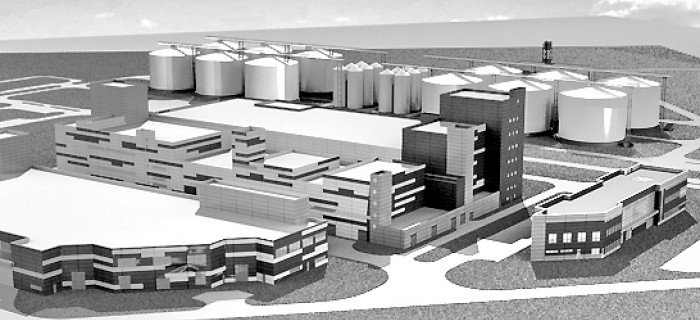Two different approaches in grain processing
As only the starch is needed as a carbohydrate source for the biological conversion process, the remaining ingredients of a raw material such as proteins, minerals, fat and fiber, in turn can provide valuable products.
In the grain processing industry, there are two systemic approaches with different objectives: dry milling plants and wet milling plants.

